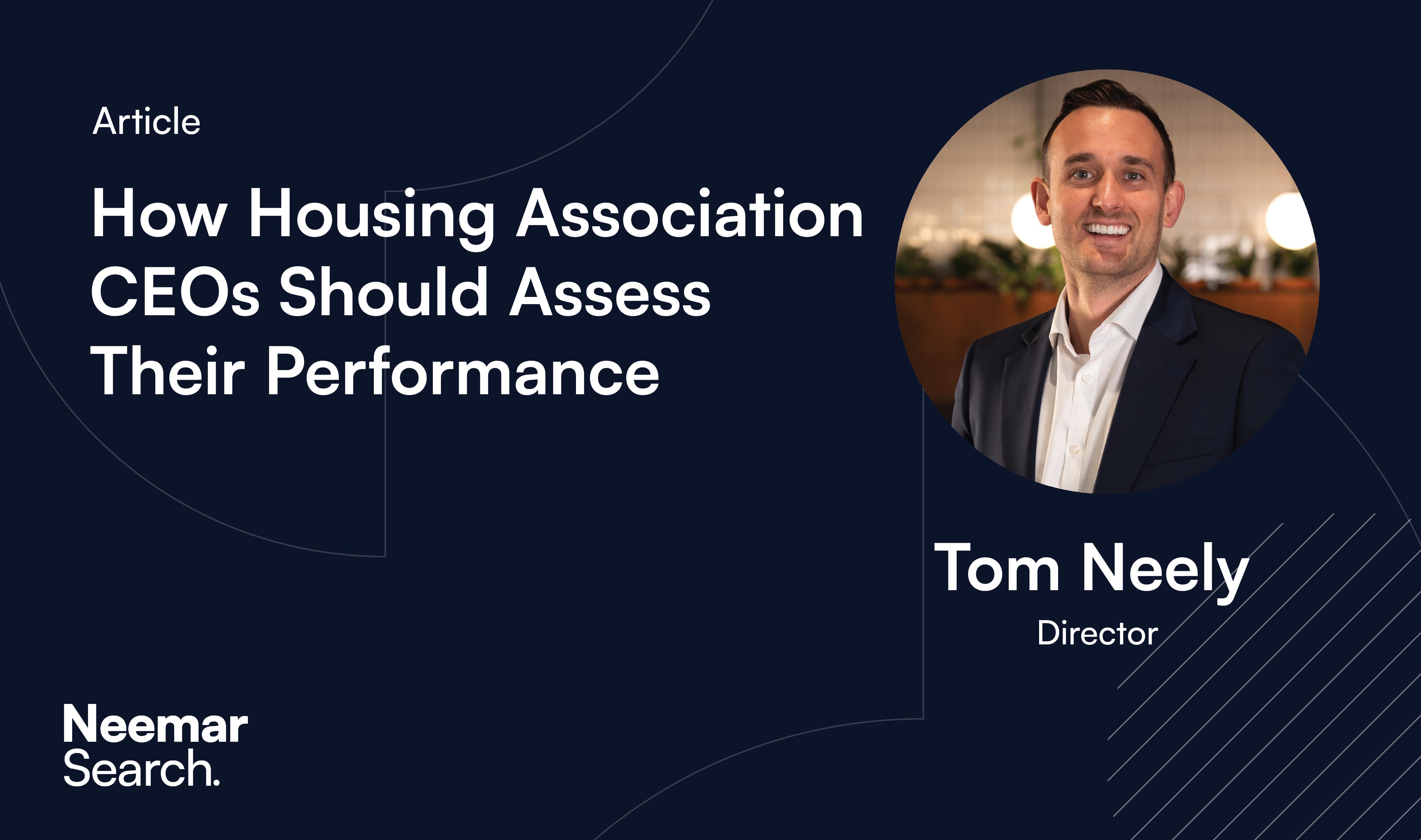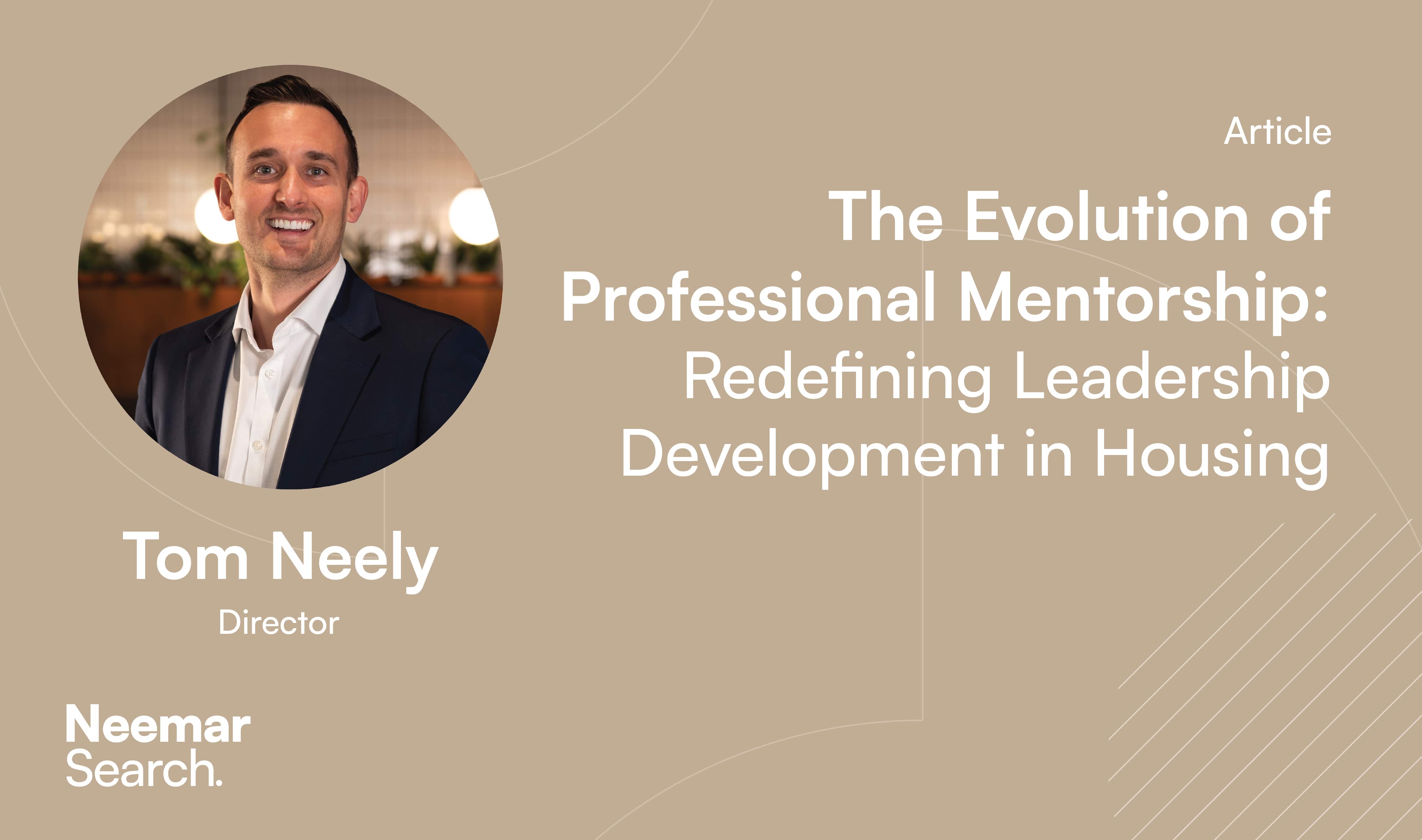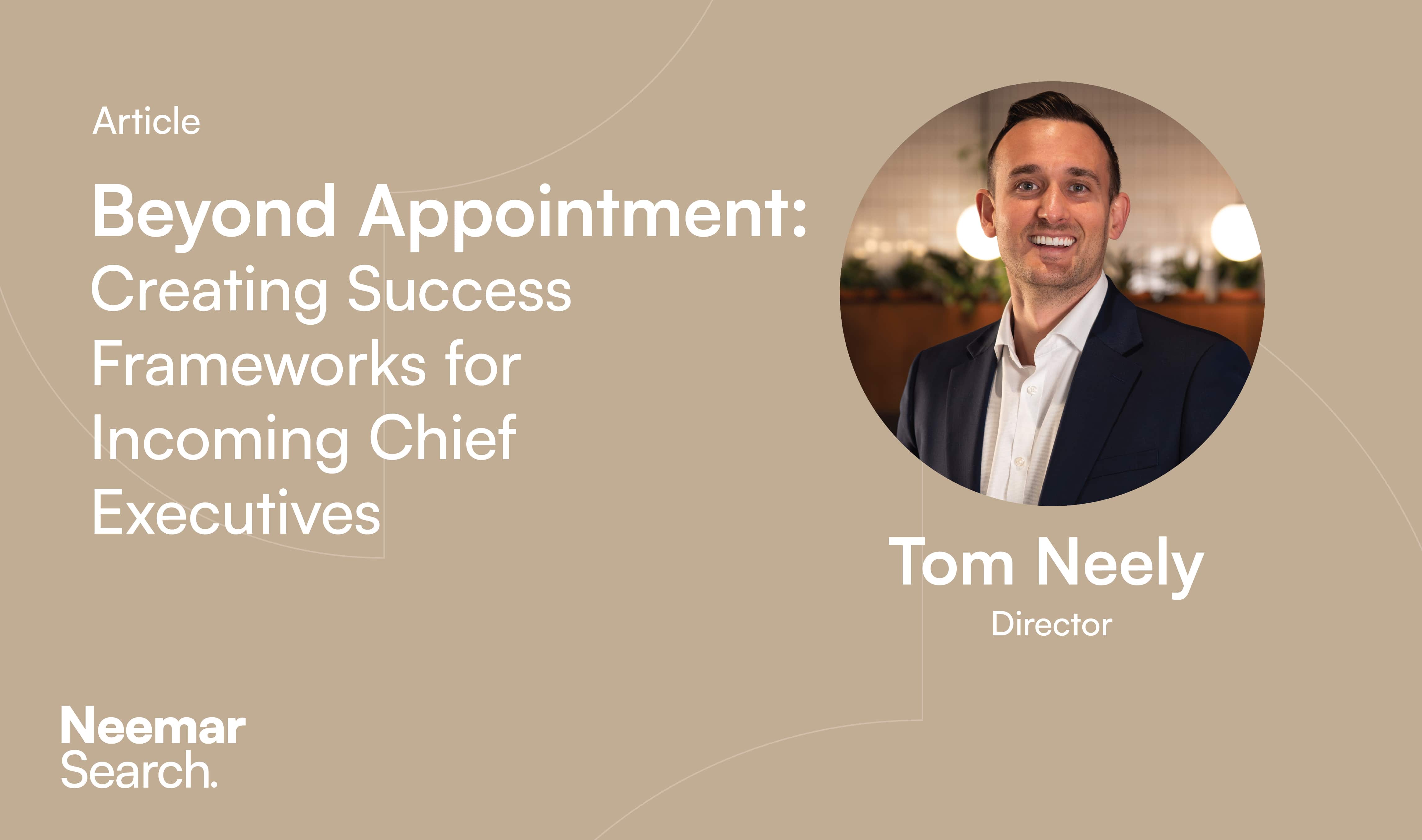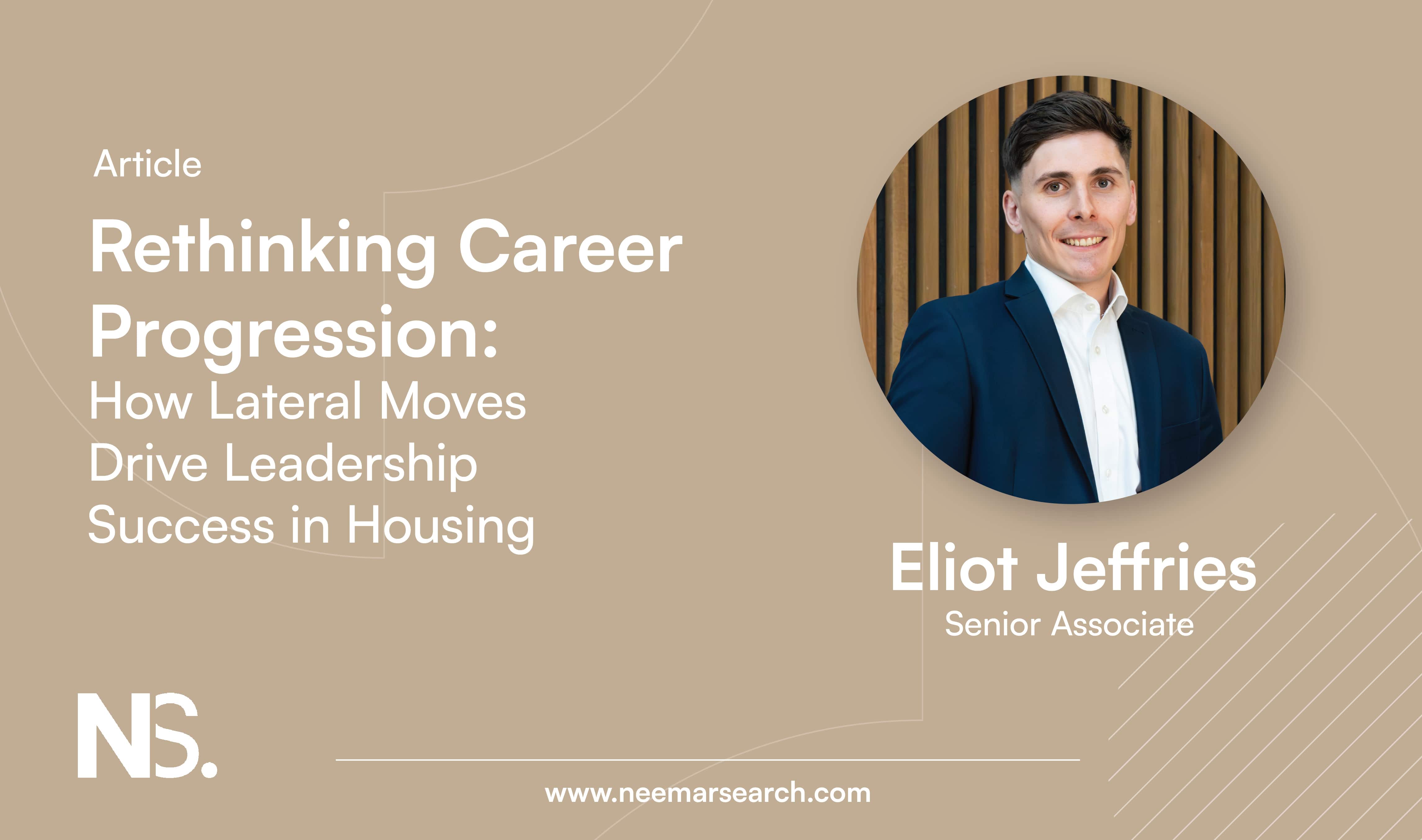How Housing Association CEOs Should Assess Their Performance
30 Jan, 20255 Mins
In today's complex operating environment, Housing Association Chief Executives can no longer afford to make all decisions in isolation. The nature of the issues facing the social housing sector are increasingly intricate, requiring considerations of both short and long-term impacts on residents, communities, and organisational sustainability.
Understanding Modern Decision-Making
The past few years have highlighted how Housing Association Chief Executives must navigate unprecedented challenges, from regulatory changes to resident engagement, sustainability targets to building safety. While some leaders possess exceptional decision-making capabilities, many benefit from collaborative insight, particularly given the sector-specific complexities they face.
Strategic Decision-Making Framework
Housing Associations are implementing systematic approaches to decision-making that focus on three key areas:
Rich, Secure and Fast Decision-Making
Collaborative decisions that aim for strong results, rather than mere consensus, require a balanced approach. Housing Association CEOs are adopting systematic decision models that release creative thinking, encourage diverse debate, and enable constructive challenge without sacrificing pace. This is particularly crucial when addressing complex challenges such as resident satisfaction, building safety, and service delivery.
The Systematic Decision-Making Approach
Housing Association leaders are implementing a structured framework that includes shaping the problem, evaluating options, approving decisions, monitoring delivery, and reviewing outcomes. This approach particularly benefits associations dealing with multiple stakeholders, from residents to regulators, local authorities to board members.
Emotional Intelligence in Leadership
Effective decision-making in Housing Associations requires a deep understanding of personal biases and weaknesses. CEOs must be acutely aware of how their personal perspectives might influence their approach to resident services, development programmes, or organisational change.
Creating psychological safety within executive teams has become increasingly important for Housing Associations, especially when addressing sensitive issues around resident welfare, service quality, and community impact. When team members feel safe to voice their opinions and challenge assumptions, it leads to more informed, balanced decisions that better serve residents and communities.
Implementation and Development
At Neemar Search, we recognise the importance of supporting Housing Association CEOs through their decision-making journey. Through our sector expertise, we understand the unique challenges facing social housing leadership teams and the importance of robust decision-making frameworks.
Board members and executives emphasise the importance of creating decision-making systems that balance immediate operational needs with long-term strategic development. This approach necessitates clear definition of roles and responsibilities, alongside regular progress assessment and stakeholder engagement.
Future Outlook
As the housing sector continues to evolve, associations that combine robust decision-making frameworks with proactive leadership development position themselves to build stronger organisational resilience and more effective teams.
In conclusion, the evolving complexity of Housing Association leadership demands a more comprehensive and structured approach to decision-making. Organisations that implement these strategic frameworks position themselves for greater success in navigating today's challenging operating environment.
For more information about leadership development or to discuss how we can support your decision-making journey within the housing sector, please contact myself or the team for more information.



